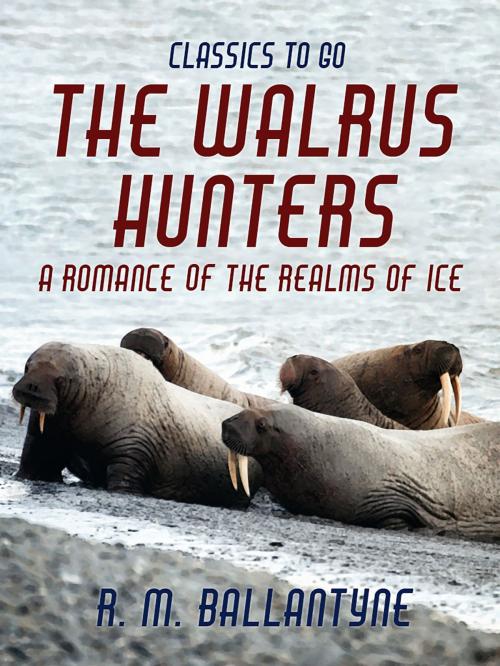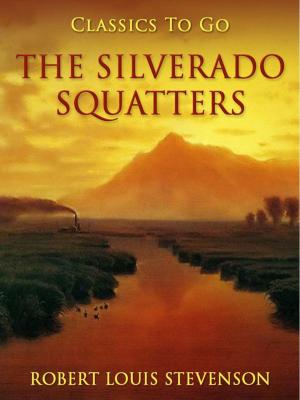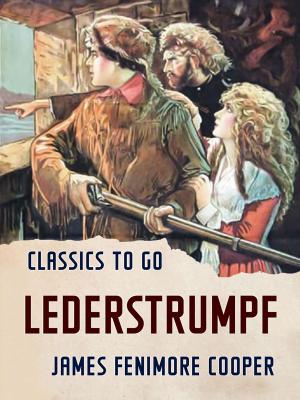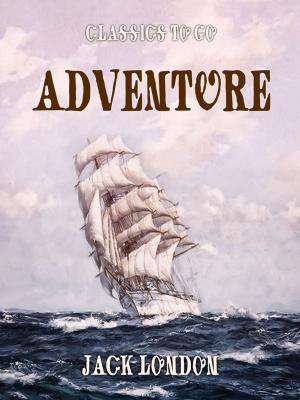| Author: | R. M. Ballantyne | ISBN: | 9783965372245 |
| Publisher: | Otbebookpublishing | Publication: | May 9, 2019 |
| Imprint: | Otbebookpublishing | Language: | English |
| Author: | R. M. Ballantyne |
| ISBN: | 9783965372245 |
| Publisher: | Otbebookpublishing |
| Publication: | May 9, 2019 |
| Imprint: | Otbebookpublishing |
| Language: | English |
(Excerpt): "A Surprise, a Combat, and a Feed. There is a river in America which flows to the north-westward of Great Bear Lake, and helps to drain that part of the great wilderness into the Arctic Sea. It is an insignificant stream compared with such well-known waterways as the Mackenzie and the Coppermine; nevertheless it is large enough to entice the white-whale and the seal into its waters every spring, and it becomes a resting-place for myriads of wild-fowl while on their passage to and from the breeding-grounds of the Far North. Greygoose River was the name given to it by the Dogrib Indians who dwelt in its neighbourhood, and who were wont, every spring and autumn, to descend its waters nearly to the sea in quest of game. The Eskimos, who, coming from the mysterious north, were in the habit of ascending it a short way during open water in pursuit of their peculiar prey, named it Whale River. The Indians and Eskimos did not often meet while on these trips. They did not like meeting, because the result was apt to be disastrous. Besides, the land was wide and the game plentiful enough for both, so that they were not much tempted to risk a meeting. Occasionally, however, meetings and encounters did take place, and sometimes bitter feuds arose, but the possession of fire-arms by the Indians—who were supplied by the fur-traders—rendered the Eskimos wary. Their headstrong courage, however, induced the red men to keep as much as possible out of their way. In short, there was a good deal of the spirit of “let-be for let-be” between the two at the time of which we write."
(Excerpt): "A Surprise, a Combat, and a Feed. There is a river in America which flows to the north-westward of Great Bear Lake, and helps to drain that part of the great wilderness into the Arctic Sea. It is an insignificant stream compared with such well-known waterways as the Mackenzie and the Coppermine; nevertheless it is large enough to entice the white-whale and the seal into its waters every spring, and it becomes a resting-place for myriads of wild-fowl while on their passage to and from the breeding-grounds of the Far North. Greygoose River was the name given to it by the Dogrib Indians who dwelt in its neighbourhood, and who were wont, every spring and autumn, to descend its waters nearly to the sea in quest of game. The Eskimos, who, coming from the mysterious north, were in the habit of ascending it a short way during open water in pursuit of their peculiar prey, named it Whale River. The Indians and Eskimos did not often meet while on these trips. They did not like meeting, because the result was apt to be disastrous. Besides, the land was wide and the game plentiful enough for both, so that they were not much tempted to risk a meeting. Occasionally, however, meetings and encounters did take place, and sometimes bitter feuds arose, but the possession of fire-arms by the Indians—who were supplied by the fur-traders—rendered the Eskimos wary. Their headstrong courage, however, induced the red men to keep as much as possible out of their way. In short, there was a good deal of the spirit of “let-be for let-be” between the two at the time of which we write."















